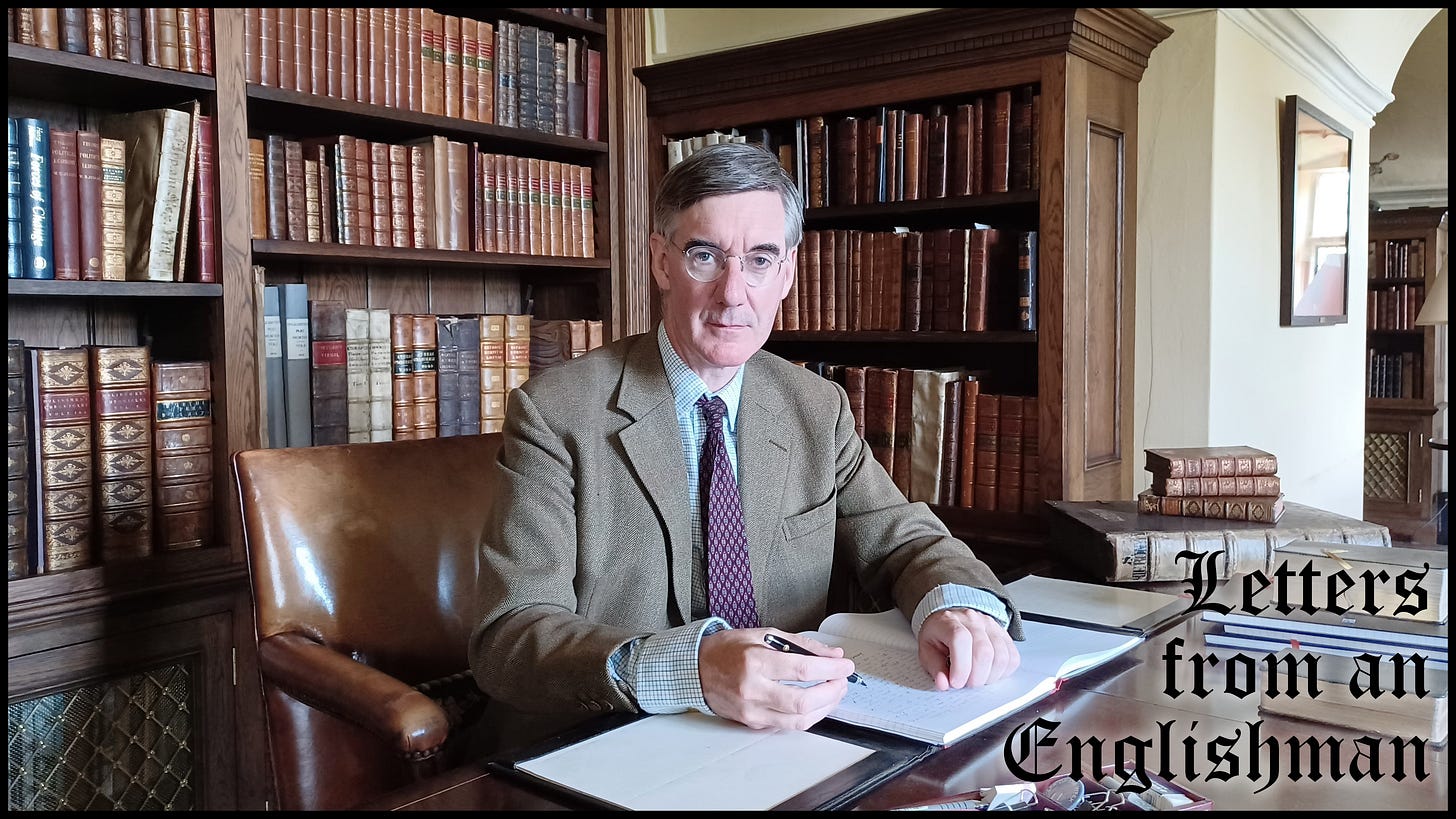Please note that, unlike previously, when I have just recorded myself reading the text of the article, I wondered whether it might be more interesting to record a video in the style of a conversation, developing the thoughts that I have written out. Do let me know in the comments whether you like this, or whether you prefer an audio recording as I have done previously.
One of the virtues of the British state is its stability. There has been no revolution since the 17th century, a longer period of stability than any other nation can honestly maintain.
There was a reminder of this as the King stood by the Cenotaph during the two-minute silence yesterday, remembering the fallen in the two world wars and other conflicts; he reminded the nation of one of the virtues of a constitutional monarch. Walter Bagehot put it neatly when he listed the first benefit of a constitutional monarch:
“Royalty is a government in which the attention of the nation is concentrated on one person doing interesting actions. A republic is a government in which that attention is divided between many, who are all doing uninteresting actions. Accordingly, so long as the human heart is strong and the human reason weak, royalty will be strong because it appeals to diffused feeling, and republics weak because they appeal to the understanding.”
Although Donald Trump, with his monarchical republic, may argue that his actions are interesting, in a constitutional monarchy, the laying of a wreath by the King is a more profound action than when the Prime Minister does it a few minutes later. One unites the country and is of interest, the other does his respectful duty, but does not command the hearts of the nation.
Bagehot’s second point in favour of monarchy is what he calls ‘religion’, but may be better considered ‘tradition’. He argued that the oaths of loyalty taken to the sovereign by so many people bind the country together and underpin support for law. This he based on the idea that the king is the Lord’s anointed, as indeed is the case at the coronation ceremony.












